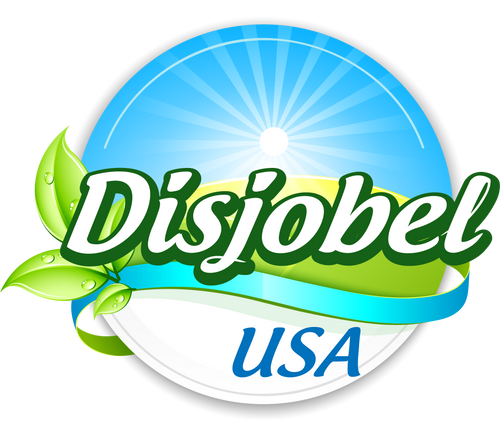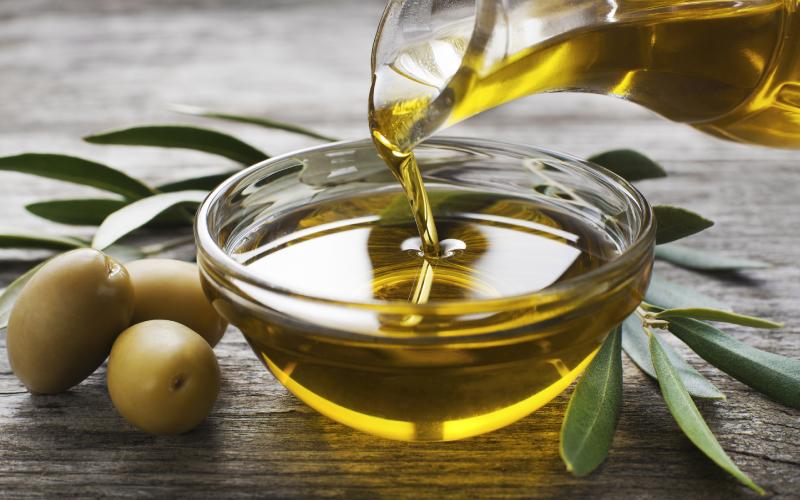Without a doubt, consumption habits are constantly changing. Therefore, searching for lard substitutes has become popular among many users. The truth is, lard adds unique texture and flavor to recipes, but not everyone can afford it or wants to use it. Nevertheless, finding the lard substitutes is crucial for achieving good results when cooking and baking.
Sure, everyone wants to improve their habits, but in the process, they need to accept some temporary setbacks. If you would like to learn more about these other options, please continue reading.
The Best Lard Substitutes
If you do not have lard or prefer an alternative, here are the best substitutes for lard, along with their advantages and disadvantages.
Lard Substitutes: Butter, A Common Choice
Butter is a common substitute for lard. However, when substituting lard for butter, it is necessary to adjust the portion accordingly. For each cup of lard, use approximately 1 ¼ cups of butter.
If you do not do this, your recipes will not have the perfect texture, especially in bakery or pastry. Do not forget butter adds more moisture than lard.
Lard vs Shortening
In fact, shortening is a better substitute for lard when you want a similar texture. That is why you need to use a 1:1 portion ratio. Nevertheless, shortening is used (Healthline, 2021).
Coconut Oil: A Good Substitute?
This oil is a vegetable fat derived from squeezing the coconut pulp. It contains medium-chain fatty acids, which are associated with positive health effects (Medical News Today, n.d.; Healthline, 2023).
Indeed, it is ideal for vegan recipes and bakery, because it helps to achieve a good texture. Additionally, the ratio is 1:1. Nevertheless, you should pay close attention because it solidifies at lower temperatures, and its essence can sometimes be too strong.
Olive Oil to Add a Twist
Olive oil contains bioactive compounds with antioxidant properties (Healthline, 2023).
Also, it is suitable for stir-fries and dough, but not recommended for delicate desserts. Its portion rate is the same as 1:1. Keep in mind that olive oil’s flavors can be too intense, especially for desserts.
Vegan Lard Substitutes
There are many plant-based lard alternatives. Among them, this one pops out:
- Vegetable oils such as sunflower or canola oil.
- Avocado, providing healthy fats and creaminess.
- Vegan ghee, a dairy-free alternative.
- Cholesterol-free and versatile vegetable margarines.
Changes in Texture and Flavor when Substituting Lard
In conclusion, each substitute for vegetables shortening has a different result on the final product. For example, butter can create a creamier texture, while shortening provides a fluffy finish. If you prefer a vegan option, coconut oil can give similar results, although with a strong flavor (in desserts as much as in savory recipes).
To avoid waste or changes in the texture, try mixing different substitutes and adjust flavor as you please.
Confidently, cooking and baking without lard is possible, thanks to the help of quality products. Visit Disjobel USA and discover everything we have to offer.
References
Betancourth, C. (2023, June 10th). 11 usos que le puedes dar al aceite de coco en tu cocina. Mejor con Salud. https://mejorconsalud.as.com/8-usos-le-puedes-dar-al-aceite-coco-cocina/#google_vignette
Gutiérrez, E. (2024, August 30th). ¿Qué es en realidad la manteca vegetal, y en qué usarla? Cocina Delirante. https://www.cocinadelirante.com/curiosidades/que-es-en-realidad-la-manteca-vegetal-y-en-que-usarla
Healthline. (2023, November 16th). ¿Cuáles son los mejores sustitutos de la mantequilla? https://www.healthline.com/nutrition/best-butter-substitutes





















